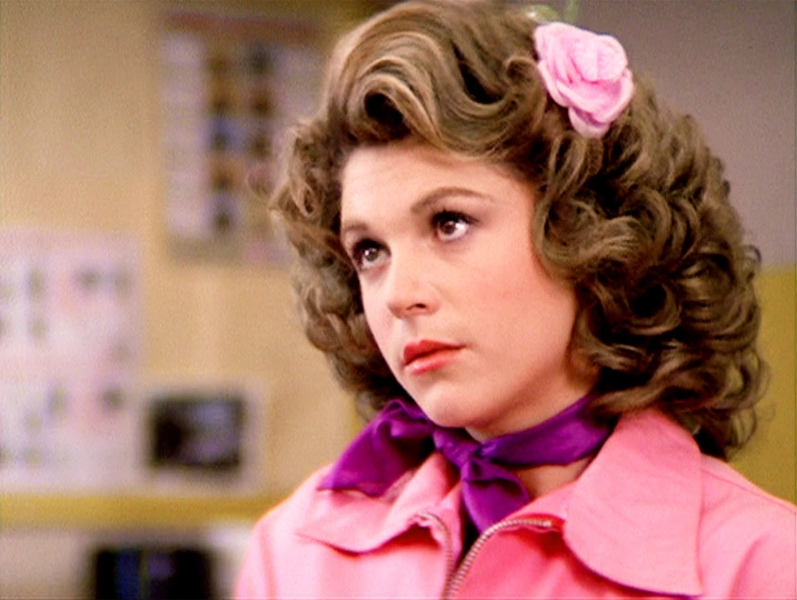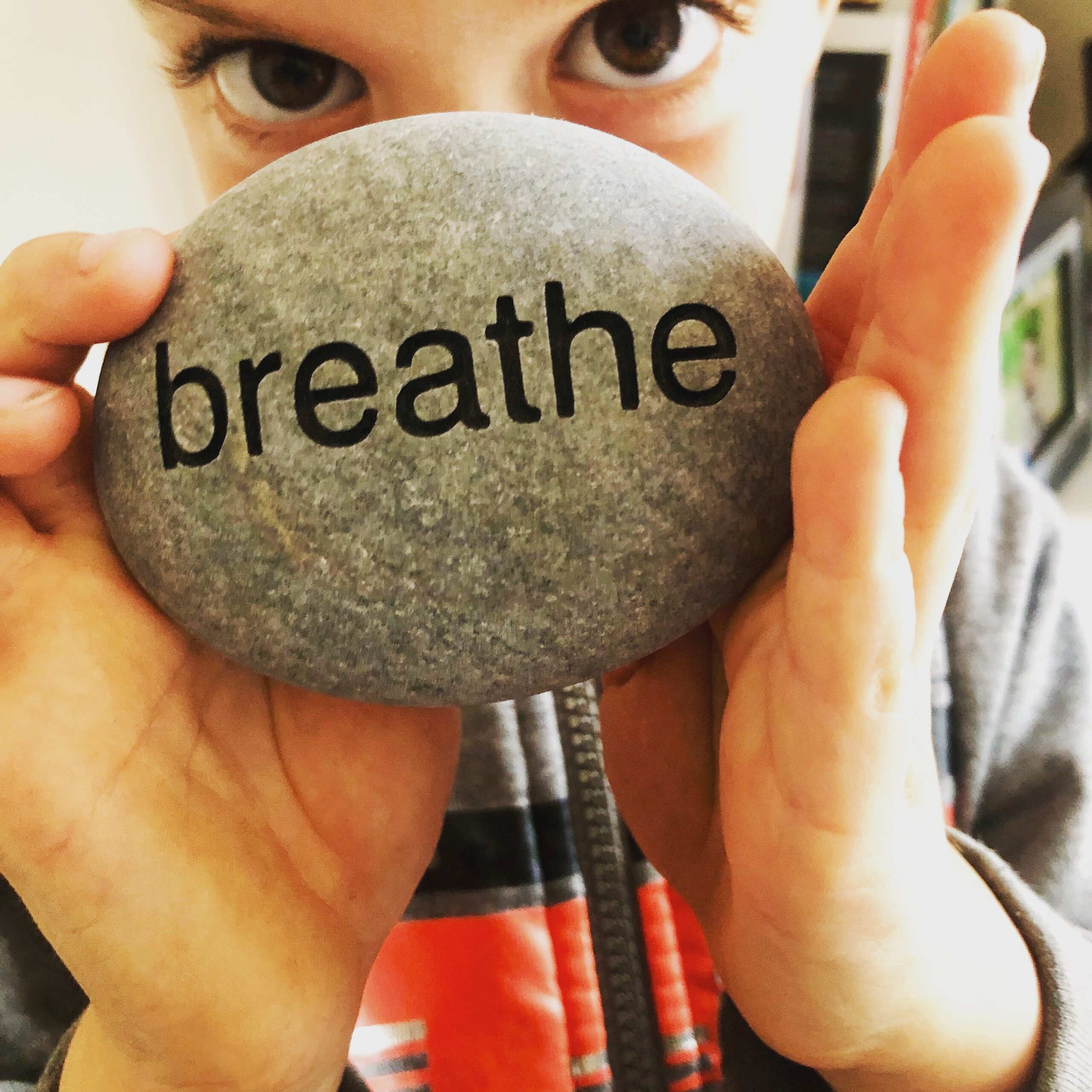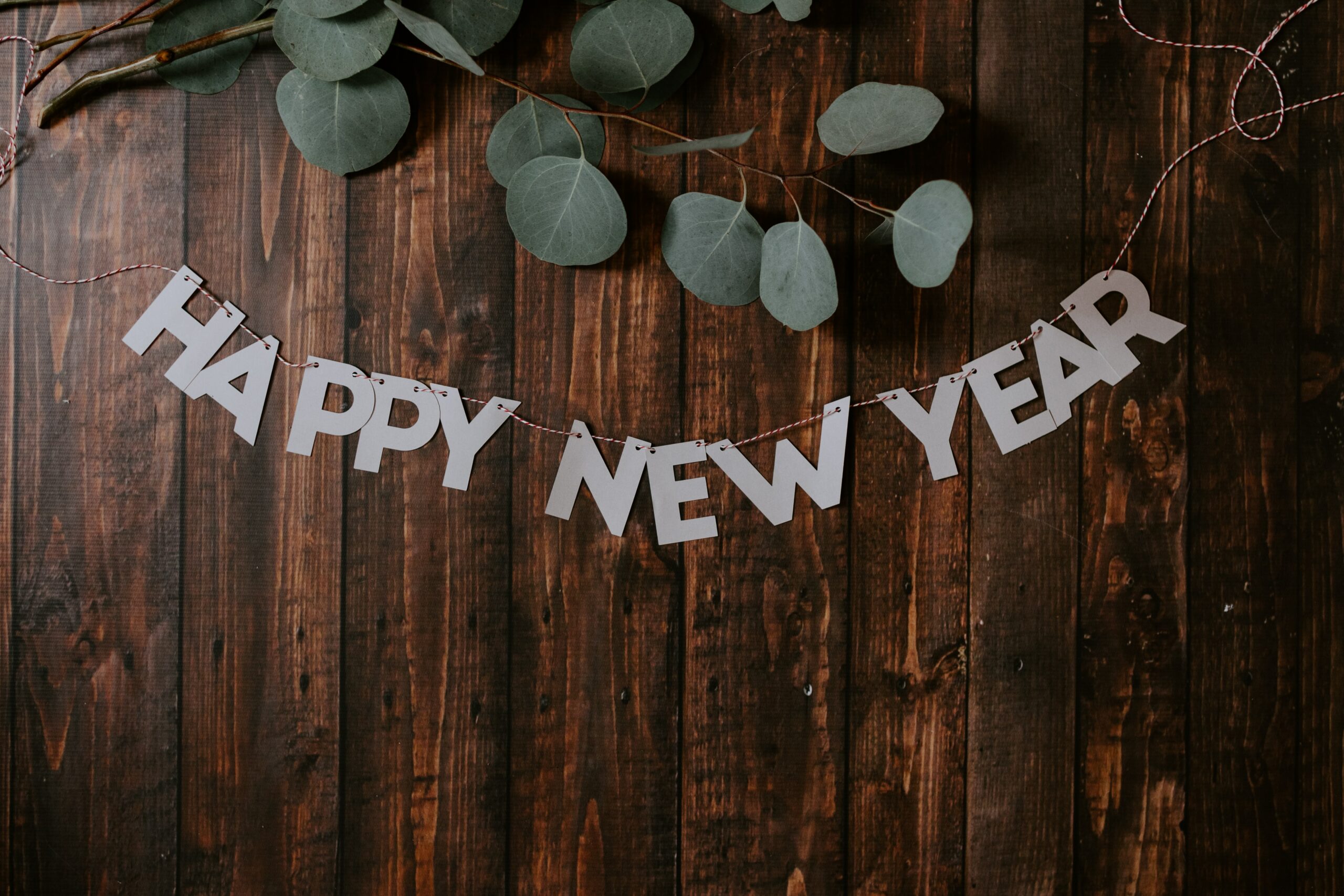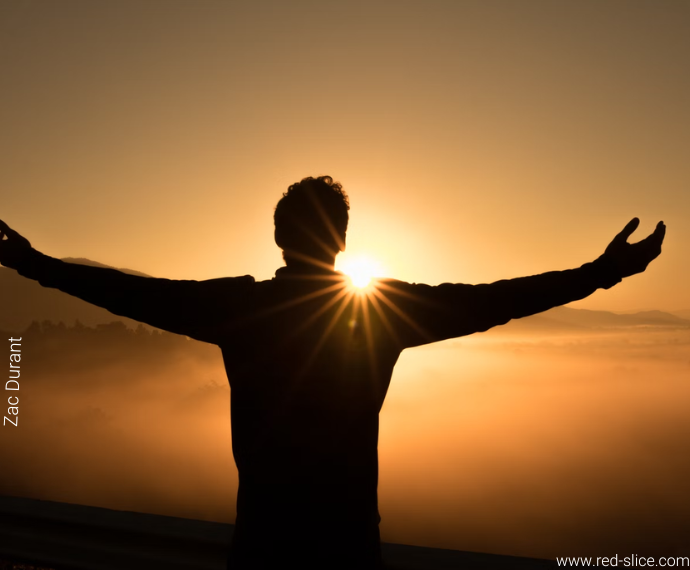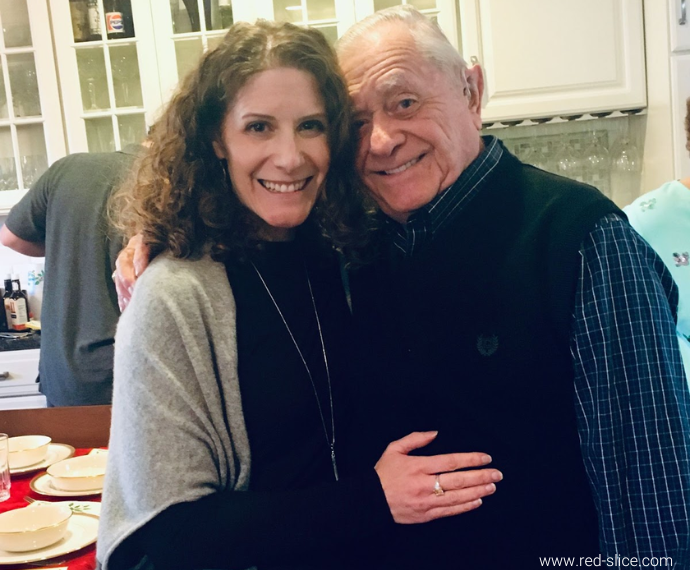Resilience might be eligible for word of the year. You hear it everywhere you go. We talked a lot about resilience during the Pandemic. How do we bounce back and adapt?
One definition of resilience is: The capacity to withstand or to recover quickly from difficulties; toughness.
Clearly, we need to embrace resilience as human beings. In a chaotic, unpredictable world where the only constant is change, you might drive yourself mad if you cannot adapt.
But more importantly, how is the skill of resilience strengthened, taught, or learned? Can it only be built when you face change or disappointment? Is it kind of like skydiving? You only learn how to really do it by jumping out of a plane?!
And how can I teach it to my son before he actually needs to draw on it?
Thinking back, I got lessons in resilience and rejection early. From professional acting as a child – where I never held on to any one opportunity too tightly and was on to the next if I was not cast – to participating in plays at school, I learned that rejection was not about me, per se, but about whether I was the right fit for a role. And that was nothing personal.
While I got many juicy roles in school plays, I remember the ones that stung. Particularly one. A school theater director organized a joint 7th, 8th, and 9th-grade production of the musical grease. And I wanted to be Marty Maraschino sooooooo badly. She was the sophisticated red-haired Pink Lady, brilliantly portrayed by Dinah Manoff in the movie version. My favorite line of hers was “I’m Marty Maraschino. As in cherry.”
Before the audition, I studied the lines. I watched the movie. I perfected my sexpot pout (even though I had no idea what I was doing at 13). The director somehow knew I wanted the role ao it was mine to lose.
And lose I did. While I have been a choir singer for a very long time, I was (and still am) very insecure about singing solo. So I bombed the signing portion of the audition, singing Freddy My Love offkey and likely too softly.
The director even (sharply) asked me later, “What happened?!”I don’t know, but the role went to a much more deserving classmate who did a fabulous job.
And I got the part of Dorothy the Cheerleader.
I loved that my school plays would often give names to the extras, so we didn’t have to simply be known as Cheerleader #5. But I could play Dorothy, and give her a whole backstory! I got to be in every dance number, sported a very fun 50s cheerleading outfit, and even got to do the hand jive with a cute boy during the big dance scene.
I learned from moments like that to process my grief over what I’d lost, but embrace what was in front of me – and make it my own. Play Dorothy to the hilt and perhaps, maybe even steal the show (I mean, I was voted “Best Pickpocket” in the 7th-grade production of Oliver)
Another unexpected resilience lesson came when I was in middle school. I desperately wanted to be on the Drill Team, which was the middle school’s and high school’s dance squad.
I loved to dance. Channeling Whitney Houston and Janet Jackson with my bestie to their iconic 80’s hits on her living room couch, I even gained some brief notoriety with an unforeseen gift and rhythm for dirty dancing!
But my Achilles Heel was not being able to do the splits. Despite taking ballet and gymnastics as a little girl, this flexibility eluded me. I even remember following random remedies like stretching after a hot bath, doing 5 minutes a day, or splits against a wall. If you were on the Drill Team, you knew how to do the splits. High kicks and all of that.
That didn’t stop me from trying out….THREE YEARS IN A ROW. I tried out in 7th, 8th, and then 9th grade for the high school team.
The feedback? I nailed the routines, my smile was magnetic, but I couldn’t do the kicks or splits. And the competition was fierce, so…others made the team when I did not.
With each disappointment, I still got up and tried out the following year. What could I do better? How could I finally limber up enough to do the splits? Could I make up for this inability with precision moves and bringing the energy? They now call this a growth mindset, but it just came naturally to me.It wasn’t about being praised, it was about my own innate desire to practice and improve. What could I tweak to change the outcome next time?
A popular girl’s mom was on the selection committee, and even told her to tell me how amazing I was at tryouts, that I had such a great smile, but that the splits stopped me.
But here was what I consider the truest test of resilience. Back then, there was no email so you had to go to the school on the designated day and check the list posted on the door. Once again, my name was not on it. But two of my good friends were.
And I remember being on the phone in my kitchen with one of them, as we compared notes. Weeping in silence as we talked, I found a way to share in her excitement. Through tears, I said, Ï’m so happy for you! You deserve this.”She said all the right things – that she was sorry, and it wasn’t fair -, but in the end, she made it and I didn’t. On that phone call, at the tender age of 13, I learned how to hold my own disappointment in check while still being happy for my girlfriend.
Talk about #hypewomen – thank you, Erin Gallagher, for naming this needed ability, starting this movement in 2023, and showing how it only lifts all of us up.
None of this answers my initial question about how you can “teach” resilience without any real fire actually testing your strength. There are some great science-backed ways presented in this article by Greater Good on ways to build resilience, – change the narrative, face your fears, practice self-compassion, meditate, and cultivate forgiveness, but I submit that these are more like things you can do to shore up your foundation so when you need to practice resilience, you are ready.
I don’t know if these tips actually build resilience, because I’m still not sure it can be built until you are actually tested. I believe they make your internal landscape more amenable and open to resilience, they “seed the soil”, so to speak. Happy to hear other opinions about this!
I’m curious how you have learned resilience in your own life, as a child or an adult. Do you intentionally do things to set up a better environment for yourself to be resilient? Did you have good role models, or was this something you had to teach yourself? Please let me know!
Photo Credit: https://grease.fandom.com/wiki/Marty_Maraschino


